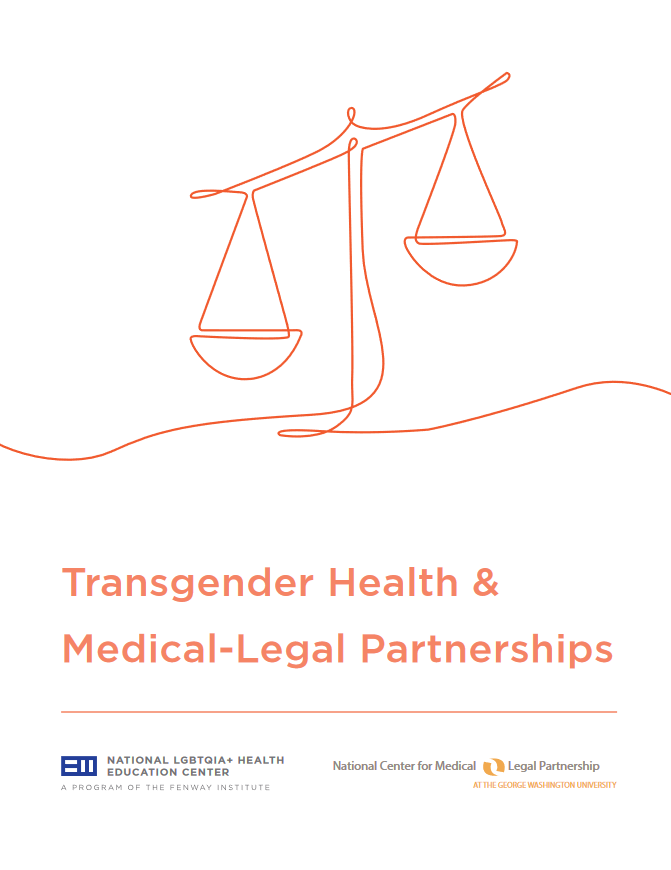In 2018, we published our fact sheet, Transgender Health & Medical-Legal Partnerships. Though the approach to using medical-legal partnerships to meet the needs of transgender and gender diverse (TGD) people remains a core tool for addressing the social determinants of health for this population, the legal and legislative landscape has changed drastically in recent years. In addition to navigating insurance coverage; medical decision-making; legal name and gender marker changes; and discrimination in education, employment, housing/shelter, and public accommodations; TGD people now face stepped-up efforts to restrict their access to health care more broadly, including denial of gender-affirming care, and restrictions on accessing public spaces and speech.
There have been more than 500 bills introduced in states targeting TGD people. This follows a trend of increasing anti-trans laws in recent years. Bills banning bathroom use by TGD people; banning participation in youth sports; restricting discussion of sexuality, gender, and identity in public education; threats to take custody of TGD youth from affirming families; and limiting gender-affirming care for youth and adults create a dangerous environment for TGD people in many areas of the United States. Criminalization of TGD lives – and of the actions of their providers and caregivers – brings serious adverse consequences to the health and safety of TGD people.
These laws and proposed legislation in several states present significant new and escalated threats for TGD people. Medical-legal partnerships can provide effective and efficient pathways to addressing these threats and protecting the legal rights of these communities. As highly flexible interventions that can adapt to the needs of a specific population, medical-legal partnerships are uniquely situated to address the health-related legal needs of TGD people.


